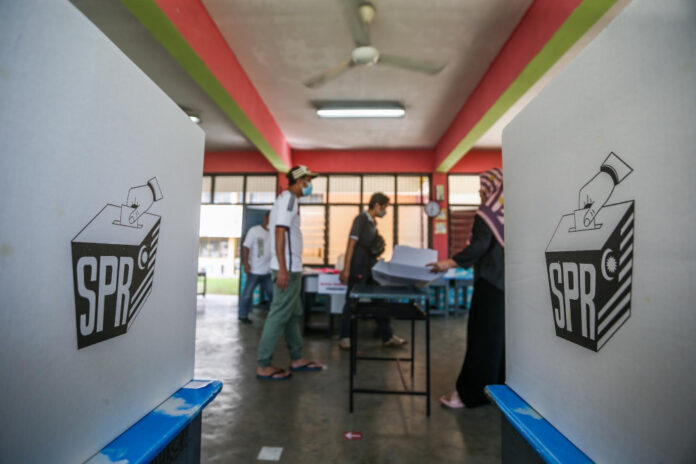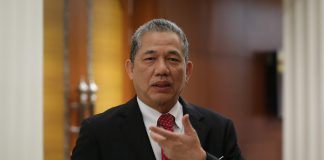KUALA LUMPUR, March 15 — Maybank Investment Bank Bhd (Maybank IB) analysts are of the view that an early 15th general election (GE15) that delivers a stable government is a sine qua non in enabling a broadening of fiscal revenue generation, principally via a shift to indirect taxation.
Anand Pathmakanthan and Wong Chew Hann said the indirect taxation includes goods and services tax (GST), capital gains tax, carbon tax, all of which should be contained within the government’s pending Medium-Term Revenue Strategy due mid-2022.
The duo, in a note today, said early GE15 is expected after a strong momentum generated by the Melaka state polls in November 2021, in which the UMNO-anchored Barisan National (BN) coalition won a convincing two-thirds majority, followed by the Johor state election held over the weekend which yielded another BN sweep.
According to them, the highly-fractious state of the current national ruling coalition, and its deleterious effect on policy making and expediency, is a major headwind at both the macro and market levels.
In particular, they said strained fiscal dynamics that have led, per Budget 2022, to ad hoc taxes or levies, principally on the corporate sector such as Cukai Makmur (prosperity tax), resulting in the benchmark FTSE Bursa Malaysia KLCI’s (FBM KLCI) earning contracting in 2022-estimate.
“Even as gross domestic product (GDP) is forecast to grow by 6.0 per cent that have dampened business and investor sentiment and raised the market’s risk premium,” they said.
The analysts said the FBM KLCI is enjoying year-to-date relative outperformance versus both developed markets and ASEAN peers, as Malaysia is broadly positively leveraged into the commodities like oil and gas, aluminium and crude palm oil (CPO) price surge, with related stocks being contributed 24 per cent of KLCI capitalisation.
“However, the sums are less straightforward at the macro level. While they are positive for GDP and trade, fiscal upside is significantly tempered by fuel price subsidies,” they said.
They added that any meaningful adjustments to the fuel subsidy are only seen post-GE15, and are likely to be progressive (not a substitute for structural tax reforms).
Both of the analysts have retained the FBM KLCI target at 1,710 for end-2022.
















